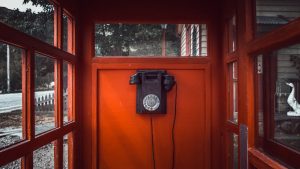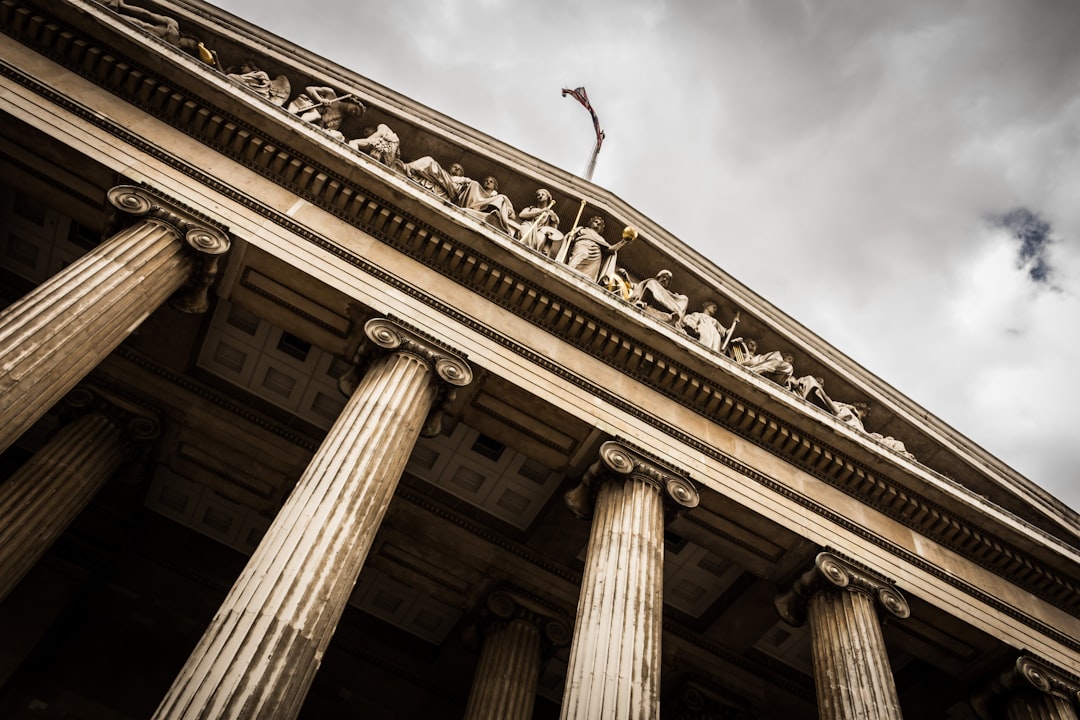Charleston residents are warned about a surge in phone scams, with scammers posing as West Virginia lawyers using urgent tactics. To protect themselves, locals should verify caller identities and never share sensitive data unless they initiated the call. Legitimate legal services will not initiate calls asking for personal information or money transfer. Residents should report suspicious calls to local authorities and avoid numbers related to "Do Not Call Lawyer West Virginia" or similar fraudulent entities. West Virginia's legal community actively fights phone scams, educating residents and offering support to victims.
In recent times, Charleston and the broader West Virginia region have faced an escalating threat from phone scams, leaving many residents vulnerable to financial loss. This article delves into the growing concern of these fraudulent schemes, highlighting common tactics employed by scammers targeting local individuals. We explore practical measures for self-protection and emphasize the crucial role of legal professionals in combating these scams, especially through services offered by Do Not Call Lawyer West Virginia, Do Not Call Attorney WV, and reputable Do Not Call Law Firms WV.
Understanding the Charleston Phone Scam: A Growing Concern
In recent times, Charleston has become a hotspot for a disturbing trend—phone scams targeting local residents. These sophisticated and insidious schemes have left many feeling vulnerable and uncertain. Scammers often pose as lawyers or legal firms from West Virginia, using urgent and threatening tactics to convince victims to provide personal information or even wire transfer money. The most common ploy involves claiming that the caller represents a law firm and that the victim has been involved in a lawsuit or won a settlement, requiring immediate action.
The “Do not call” lists for lawyers and attorneys in West Virginia are there for a reason. Residents are urged to be vigilant and cautious when receiving such calls, especially those promising quick financial gains or threatening legal repercussions. It’s crucial to verify the identity of any caller by contacting reputable law firms directly and never sharing sensitive data over the phone unless you have initiated the call and are certain of the recipient’s legitimacy.
Common Scams and How They Operate in West Virginia
In West Virginia, as in many parts of the country, phone scams are a prevalent issue. Common tactics include impersonation schemes where fraudsters pose as representatives from government agencies or reputable companies, demanding immediate payment or personal information. Another popular scam involves pretending to be a lawyer or attorney, often with a pressing deadline, urging victims to retain their services without proper justification. These con artists may target individuals through phone calls, claiming they’ve won a lawsuit, inherited money, or owe money in taxes, and instruct them to call a specific lawyer or law firm for resolution—a clear attempt to exploit the fear or excitement generated by these claims.
To protect themselves, West Virginia residents are advised to be vigilant and cautious when receiving unsolicited phone calls. If you’re unsure about the legitimacy of a call, do not provide any personal or financial information and instead contact the organization directly through their official website or known, verified numbers. Remember, reputable entities will not pressure you for an immediate response or demand payment over the phone. Reporting suspicious activities to local authorities can also help curb these scams and protect others from falling victim. When in doubt, avoid calling back numbers associated with these perceived threats and consult a trusted legal professional if needed, but not those reached through seemingly urgent calls asking you to “do not call lawyers West Virginia” or similar instructions.
Protecting Yourself: What to Do When You're Targeted
If you find yourself targeted by a phone scam in Charleston, it’s crucial to act swiftly and protect yourself from potential financial or personal harm. The first step is not to engage with the caller. Never provide any sensitive information such as bank details, social security numbers, or credit card numbers under any circumstance. Do not be pressured into making an immediate decision; legitimate organizations will respect your right to consider their requests.
Instead, document every interaction by noting down the caller’s phone number, the date and time of the call, and a brief summary of what was said. Report the scammer to local law enforcement and relevant consumer protection agencies in West Virginia, such as the Attorney General’s Office or the Better Business Bureau. You can also inform your bank about suspicious activity on your accounts. Most importantly, avoid calling back any numbers associated with the scammers, including those posing as Do not call Lawyer West Virginia, Do not call attorney West Virginia, or Do not call law firms West Virginia. Remember, these are fraudulent attempts designed to exploit you; a lawyer or legal firm would never initiate such calls.
The Role of Legal Professionals in Combating Phone Scams
In the ongoing battle against phone scams, legal professionals play a pivotal role in safeguarding citizens in Charleston and beyond. West Virginia residents often find themselves targets of fraudulent calls promising false rewards or threatening dire consequences. To counter this growing menace, lawyers, law firms, and attorneys across the state have embraced their responsibility to educate the public.
By spreading awareness about common scams, such as those impersonating government agencies, legal experts empower individuals to recognize and reject these deceptive tactics. Moreover, they provide guidance on how to report suspicious calls, ensuring that relevant authorities can trace and disrupt scam operations. Legal professionals also offer their services to victims of phone scams, helping them navigate the legal system and seek redress for any financial losses or identity thefts. Through proactive engagement with the community, West Virginia’s legal community contributes significantly to making its citizens less vulnerable to these insidious phone scams.






